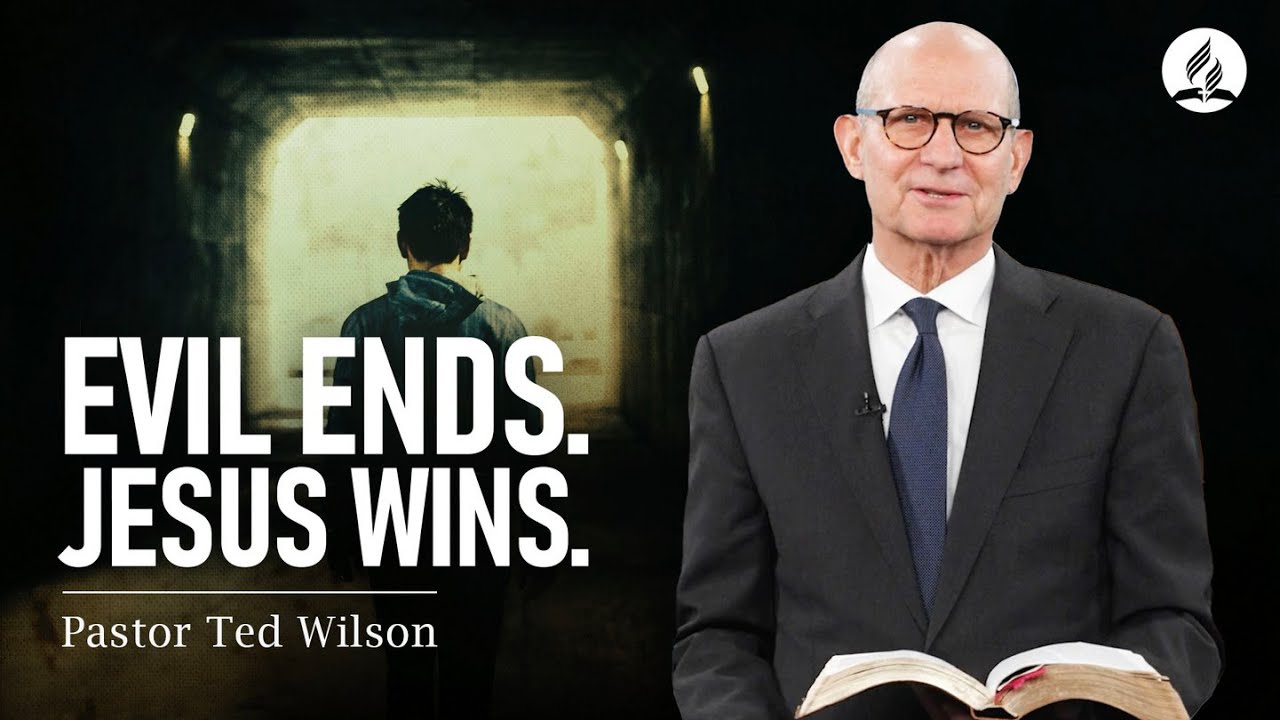
The Great Controversy Chapter 42 : The Controversy Ended, Pt.2 | Pastor Ted Wilson
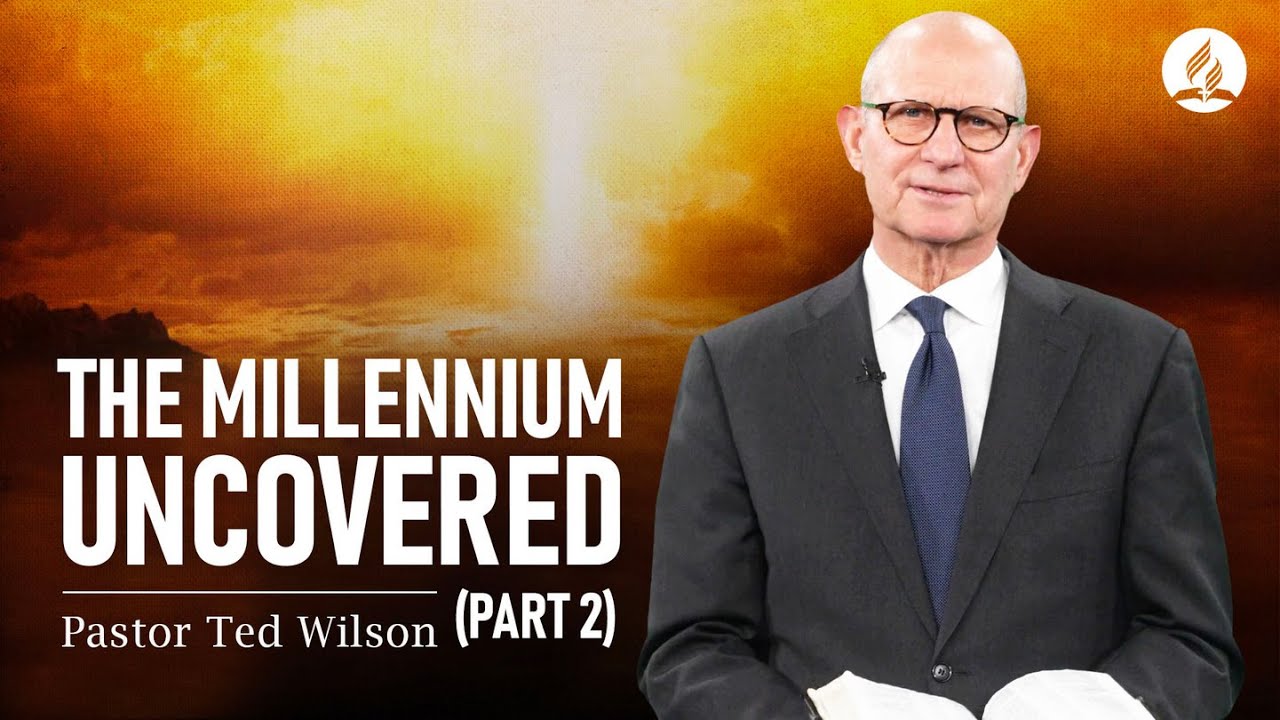
What happens after the millennium ends? In this final chapter of The Great Controversy, Pastor Ted Wilson, president of the Adventist Church, explores what takes place when Christ returns to earth with the redeemed and the New Jerusalem descends in glory.
The wicked are raised in the second resurrection, Satan rallies them for one final attack, but the controversy between good and evil is about to end forever.
The Great Controversy Chapter 42 : The Controversy Ended, Pt.1 | Pastor Ted Wilson
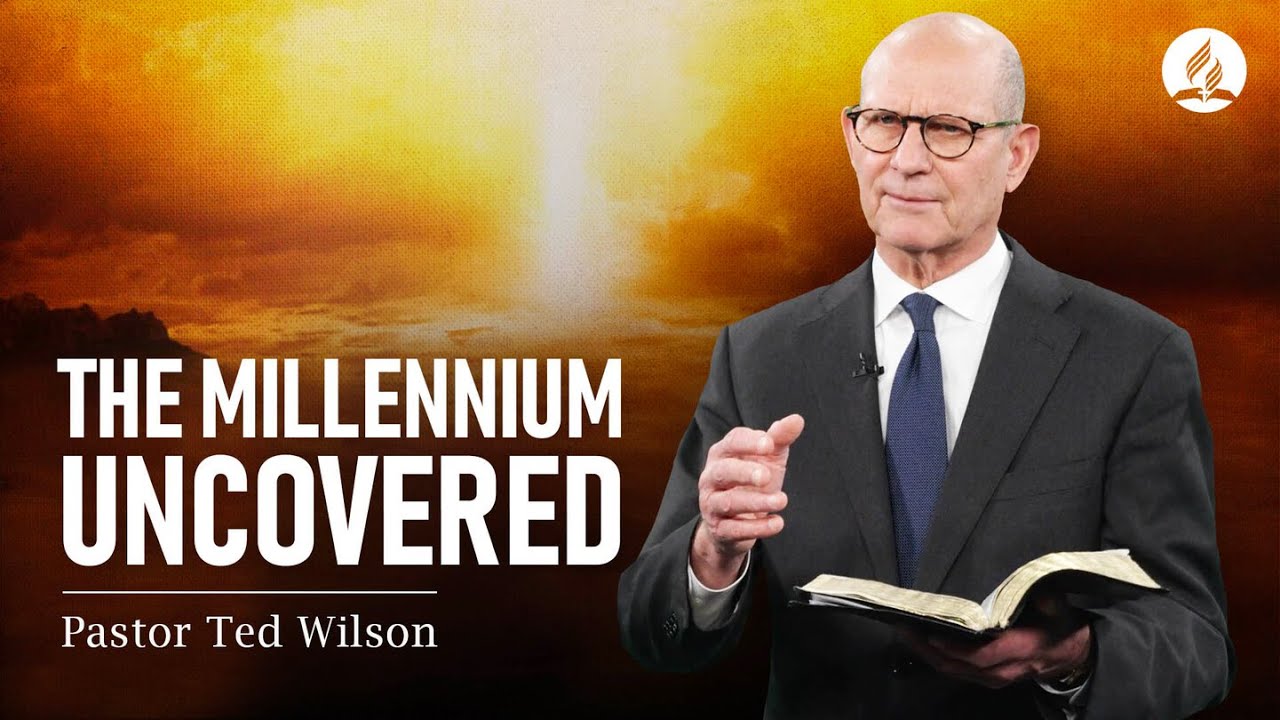
What happens during the 1,000 years after Jesus returns? What will Satan be doing—and where will God’s people be?
In this episode of The Great Controversy series, Pastor Ted Wilson, president of the Adventist Church, explains what the Bible and Ellen White’s writings say about the millennium, the judgment of the wicked, and the second resurrection. Discover how God’s justice and mercy are revealed as the saints participate in the judgment and prepare for the final eradication of evil.
The Great Controversy Chapter 41 : Desolation of the Earth, Pt.2 | Pastor Ted Wilson
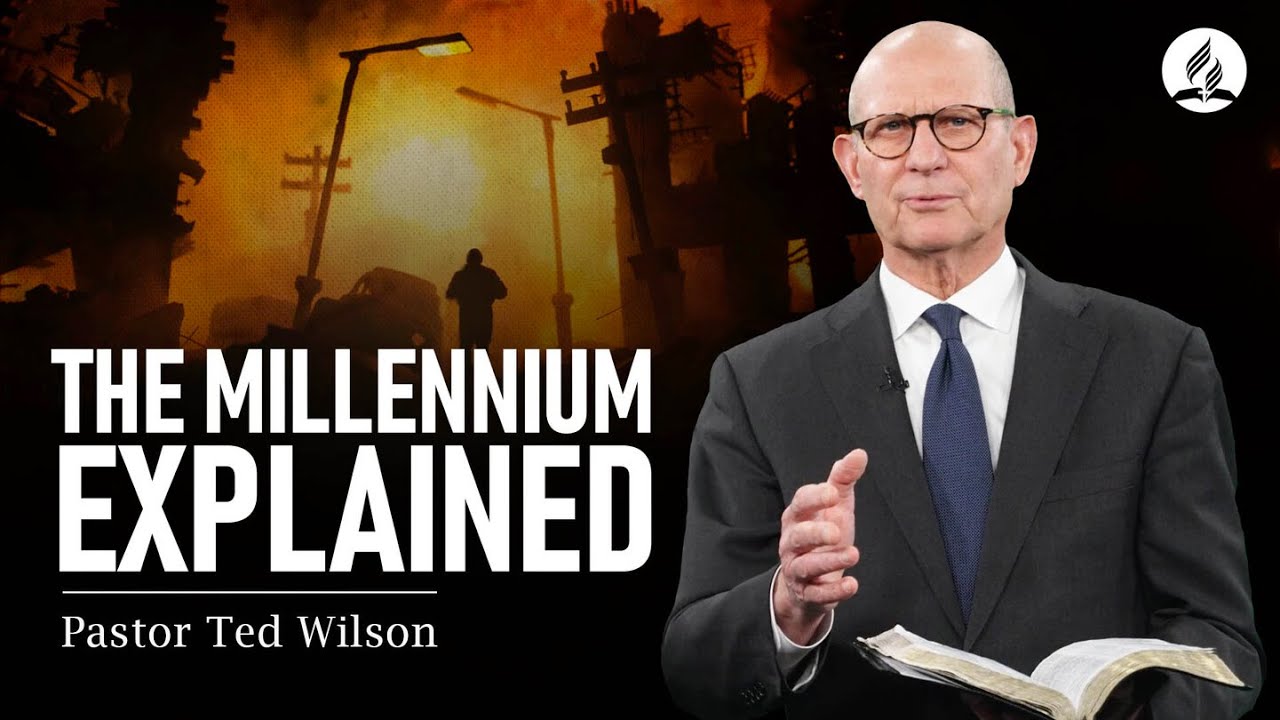
What happens to Satan after Jesus returns?
The Bible reveals that after Christ’s second coming, Satan will be bound to a desolate earth for 1,000 years. With no one left to deceive, he will be left to witness the devastating results of his rebellion—waiting for the final judgment when sin and evil will be destroyed forever.
In this episode of The Great Controversy series, Pastor Ted Wilson, president of the Adventist Church, explores what the Bible says about the millennium, Satan’s fate, and the earth’s condition after Christ’s return.
In this video, learn:
What Revelation 20 reveals about Satan’s 1,000-year imprisonment.
Why the earth will be left in a state of desolation.
How this period fulfills the Day of Atonement foreshadowed in the sanctuary service.
What happens next before sin is permanently destroyed.
The Great Controversy Chapter 41 : Desolation of the Earth, Pt.1 | Pastor Ted Wilson
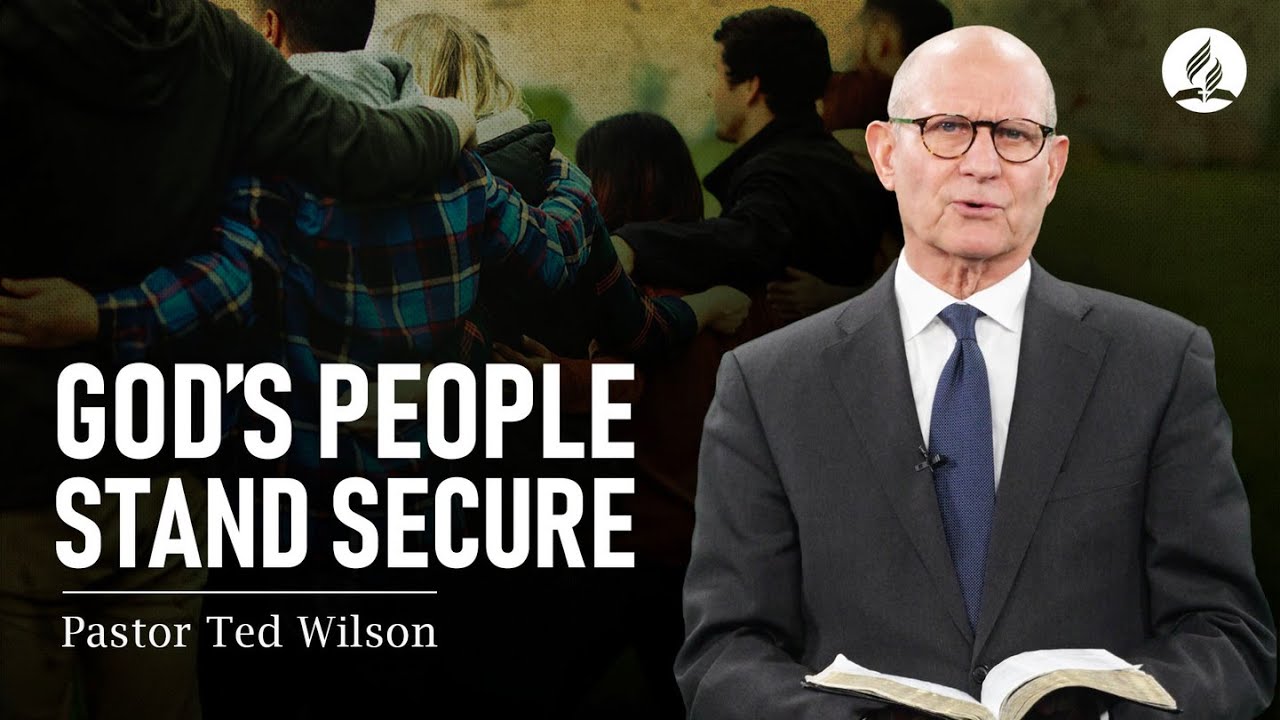
The Bible describes dramatic events that will take place just before Jesus returns: plagues, natural disasters, and global upheaval. But through it all, God’s people will be secure in His care, protected by His promises.
Join Ted Wilson, president of the Seventh-day Adventist Church, in this episode of The Great Controversy series as he explores what the Bible says about the fall of Babylon, the final moments before Christ’s return, and how we can trust in God no matter what happens.
- « Previous Page
- 1
- …
- 83
- 84
- 85
- 86
- 87
- …
- 704
- Next Page »
